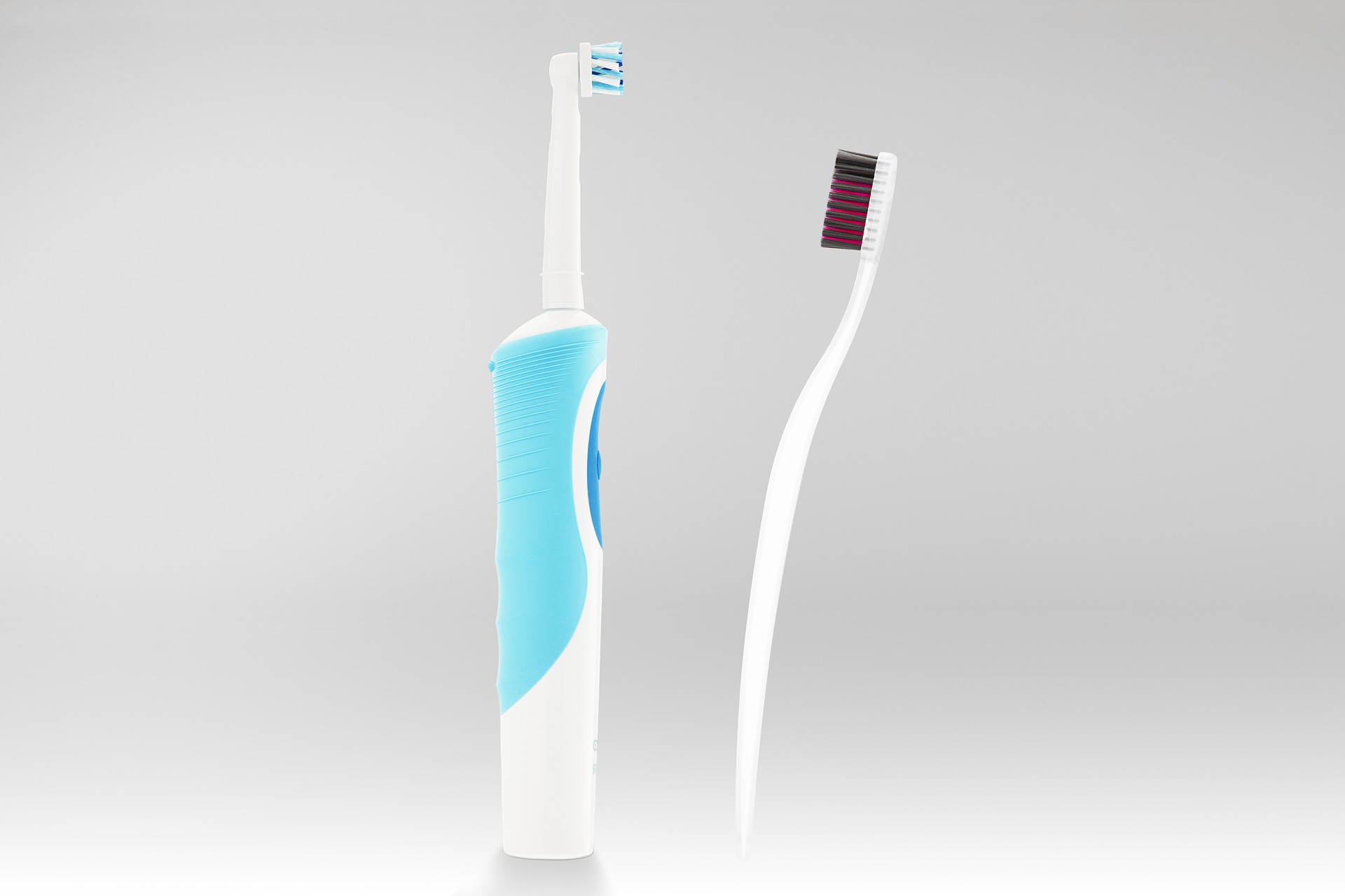Everything has an app these days. From fitness trackers to parking meters, everyday technology that was once limited to simple analog mechanisms is now being integrated with algorithms and data bases. Toothbrushes are no different. So called smart toothbrushes have carved out a spot on the tech marketplace over the last few years, and this has many consumers asking if they should invest in this technological innovation. After all, normal toothbrushes have been around for ages, and many people do just fine without fancy apps and trackers. Let's take a look at some of the benefits--and some of the pitfalls--of using smart toothbrushes.
What are Smart Toothbrushes?
Smart toothbrushes are electronic toothbrushes that can be paired with an app on a smart device. Most of these apps offer basic tracking of dental hygiene habits, such as how often and how long someone spends brushing their teeth everyday. Many apps also collect data about the amount of pressure someone uses when brushing and parts of the mouth that may be regularly neglected or over-brushed. All of this information is used to offer recommendations on brushing habits to the user.
Pros and Cons
There is clinical evidence to show that electric toothbrushes (of both the smart and dumb varieties) are better at removing plaque from the teeth than normal brushes. Still, the American Dental Association (ADA) claims that many manual toothbrushes are effective enough when used properly. They even grant seals of approval to any brush, manual or electric, that meets their standards. What's more, smart brushes can be a hefty investment. This Philips brush, for example, costs about $270, and even that figure is a sale price. So why would anyone invest in an expensive tool that's going to provide the same end results as a brush that costs $5 and can be picked up at any convenience store?
Smart brushes are most beneficial for patients who have not yet developed good oral hygiene habits. Most smart brush apps allow a user to set reminders, both to brush regularly and to change brush heads. They can also offer feedback on technique and pressure. Applying too much pressure in the mouth when brushing can lead to early gum recession and bleeding. Users can also set timers to preempt over or under-brushing. Some apps offer user rewards. The Colgate hum app, for example, gives users reward points for keeping up good brushing habits. These points can then be spent in the hum store for discounts on various Colgate products. Some patients may find these incentives and mechanics helpful in establishing long-term oral health habits.
There are many smart toothbrushes on the market today, and if you're looking to bring this new technology to your patients without breaking their banks, you'll need someone in your corner to guide you and help you weigh the costs and benefits of recommending smart tech versus sticking to manual brushing. If you'd like to learn more about what a managed IT provider can bring to your dental practice, feel free to drop Titan Tech an email to schedule a free consultation.
And join us next week for more tech news.

